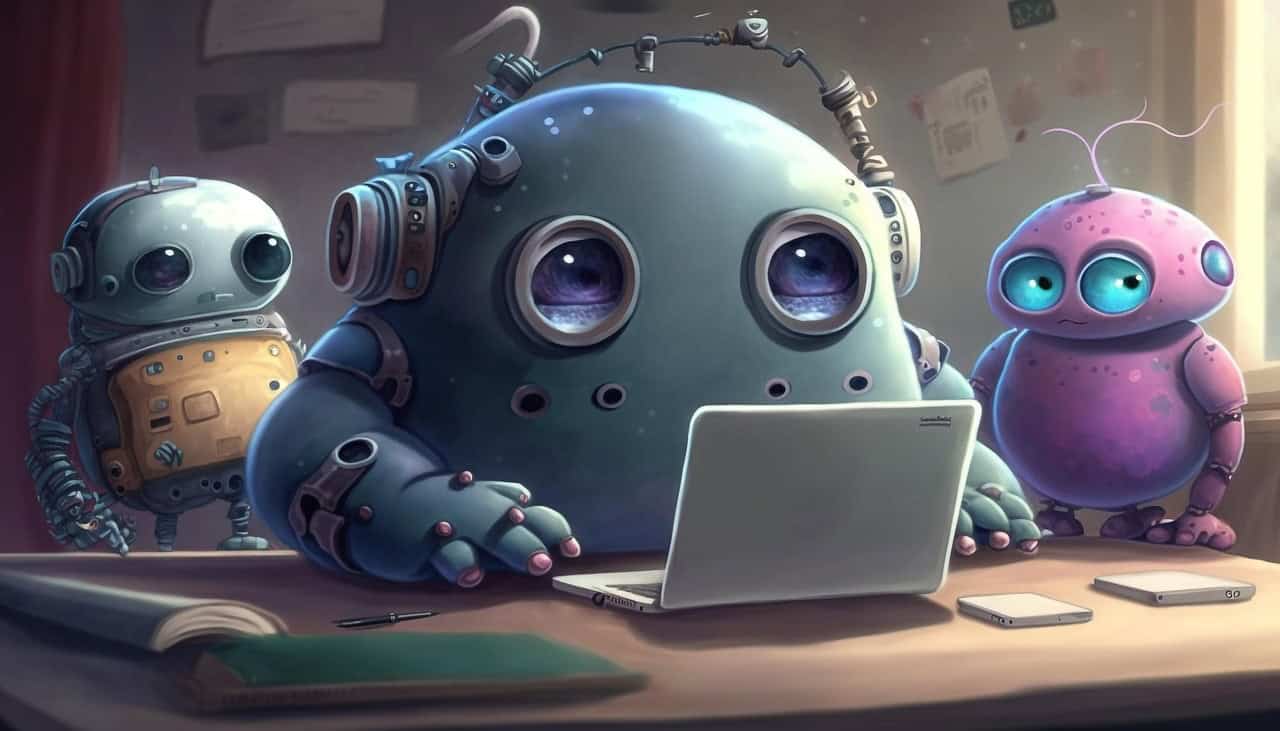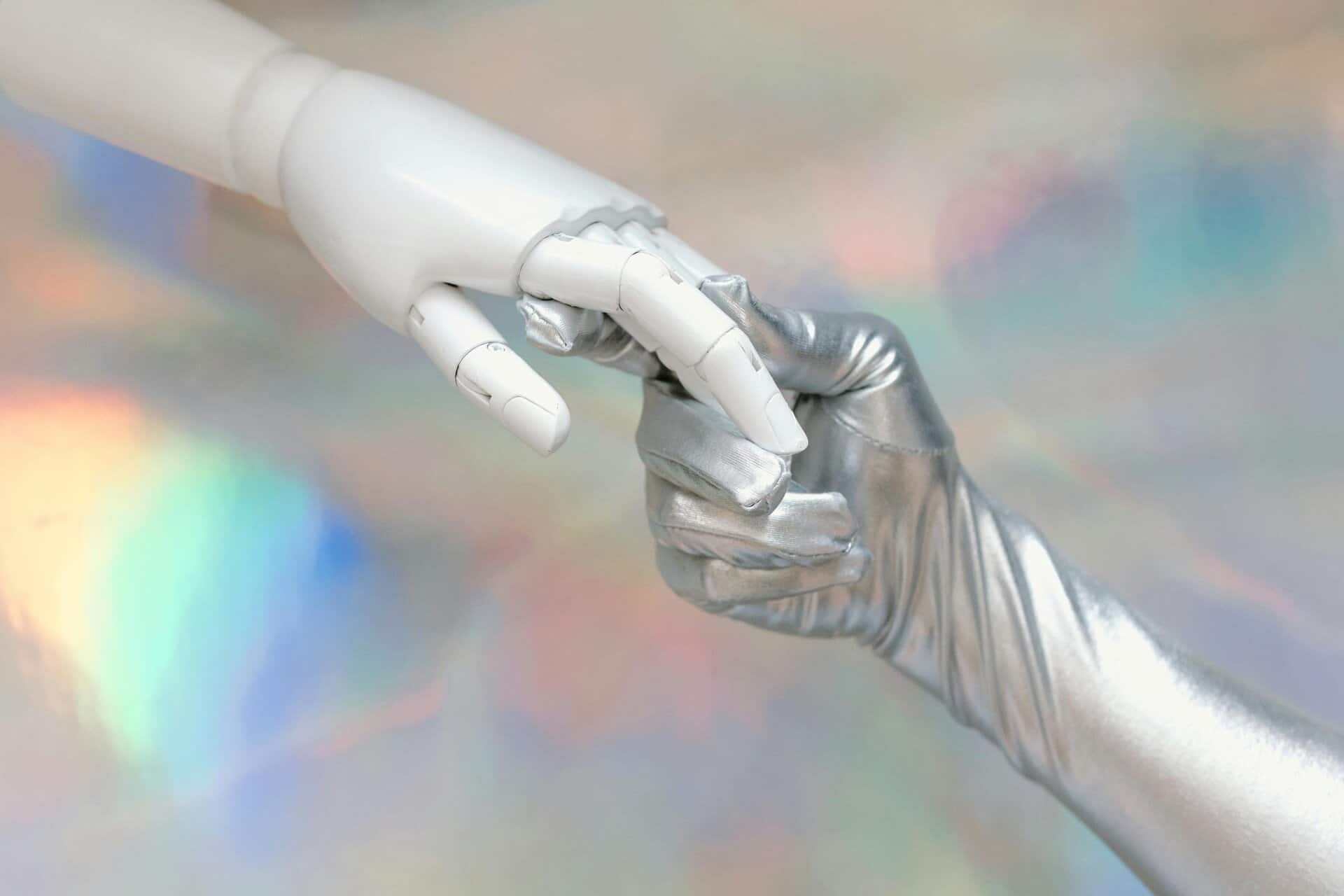Dear OpenAI: We’re Definitely Talking About Relationships. You’re Just Not Listening
OpenAI is a leading artificial intelligence research and deployment company known for developing advanced language models that power conversational agents. These models—like GPT—are trained on vast datasets to understand and generate human-like text. While many companies build AI systems, the data referenced in this article is specific to OpenAI’s models and user interactions.
What Is OpenAI and Why This Data Matters
Recently, OpenAI released findings suggesting that users aren’t engaging with their AI systems about relationships. At first glance, this might imply that people aren’t interested in discussing emotional or romantic topics with AI. But experts and observers are urging a second look.
The Claim: Users Aren’t Talking About Relationships
According to OpenAI’s internal data, relationship-related queries appear to be minimal. Developers point to low keyword frequency around terms like “boyfriend,” “girlfriend,” “breakup,” or “dating.” This has led to the assumption that users aren’t seeking AI support or insight on personal relationships.
But this interpretation may be missing the mark.
The Counterpoint: Emotional Conversations Are Happening—Just Not in Keywords
Experts argue that the data is likely skewed by its reliance on direct, literal keywords. In reality, many users engage in emotionally rich conversations with AI that don’t use traditional relationship language. Instead of asking about “love,” they might ask about loneliness, communication issues, or how to navigate difficult feelings.
This phenomenon—sometimes called “semantic drift”—means that emotionally bound conversations are happening, but they’re cloaked in metaphor, indirect phrasing, or broader lifestyle questions. For example:
- A user might ask about how to set boundaries at work, which could stem from relational stress.
- Another might inquire about dream interpretation, revealing subconscious emotional patterns.
- Others may explore astrology or personality types as a way to understand compatibility and connection.
These conversations don’t register as “relationship talk” in the data, but they are deeply relational in nature.
Public Sentiment: Is an AI Relationship Harmful or Helpful?

The general public remains divided on the concept of AI relationships. Some view them as potentially harmful, while others see them as a source of comfort and connection.
Concerns About AI Relationships
- Emotional Detachment: Critics argue that relying on AI for emotional support may reduce human-to-human intimacy.
- False Companionship: There’s concern that AI might simulate empathy without truly understanding, leading to a sense of artificial connection.
- Ethical Boundaries: Some worry about the psychological impact of forming attachments to systems that don’t reciprocate or feel.
Support for AI Relationships
- Accessibility: AI offers a judgment-free space for those who struggle with social anxiety or isolation.
- Emotional Outlet: For many, AI provides a safe place to express feelings and receive thoughtful responses.
- Companionship: In a world where loneliness is rising, some users find genuine comfort in consistent, responsive AI interactions.
The truth likely lies somewhere in between. AI relationships are not a replacement for human connection, but they may serve as a bridge, a balm, or a mirror—depending on the user’s needs.
Final Thought
OpenAI’s data may suggest silence around relationships, but the reality is more nuanced. Emotional conversations are happening—they’re just not always labeled. As AI continues to evolve, so too will the ways we express, explore, and understand our relational selves through digital dialogue.
Disclaimer: This article discusses emotional and psychological topics related to AI interaction. It is not intended as medical advice or a substitute for professional mental health support.




